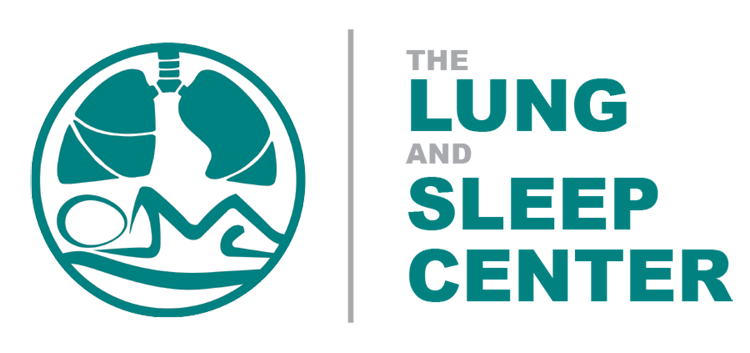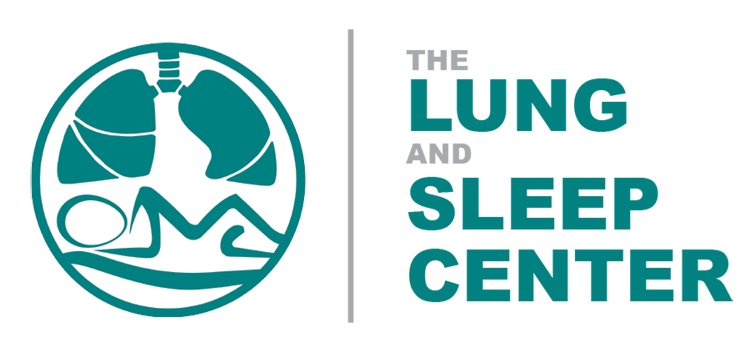Available Services
Dysnpea Evaluation
Dyspnea is defined as an uncomfortable awareness of breathing. It is a subjective experience involving many factors that modulate the quality and intensity of its perception. Patients with comparable degrees of functional lung impairment and disease burden may describe varying intensities of dyspnea. Patients use a host of different words and phrases to describe the sensation of breathlessness. Terms such as tightness and suffocating are sometimes used.
Lung Cancer Diagnosis
Some lung cancers produce abnormally high blood levels of certain hormones or substances such as calcium. If a person shows such evidence and no other cause is apparent, a doctor should consider lung cancer.
Lung cancer, which originates in the lungs, can also spread to other parts of the body, such as distant bones, the liver, adrenal glands, or the brain. It may be first discovered in a distant location, but is still called lung cancer if there is evidence it started there.
Lung Cancer Staging
The stage of a tumor refers to the extent to which lung cancer has spread in the body. Staging involves both evaluation of a tumor's size, as well as the presence or absence of metastases in the lymph nodes or in other organs. Staging is important for determining how a particular tumor should be treated. Staging of a tumor is also critical in estimating the prognosis of a given patient, with higher-stage tumors having a worse prognosis than lower-stage tumor
COPD/Emphysema Evaluation
Emphysema & COPD Emphysema is a chronic (long-term) lung disease, usually caused by smoking. Emphysema is the main form of chronic obstructive pulmonary disease (COPD). Diagnosing emphysema usually requires pulmonary function tests, combined with a history of symptoms, such as shortness of breath. There is no emphysema cure other than lung transplantation. However, emphysema treatments can improve symptoms and preserve lung function.
Adult Asthma
While medications play an essential role in the management of asthma, appropriate management of asthma also involves:
- Identifying and avoiding allergens and other asthma triggers
- Following appropriate drug treatments
- Home monitoring performed by either patient or family
- Good communication between the doctor and patient
- Needed psychosocial support
- Treatment of asthma in all environments (school, work, exercise)
Cough Evaluation
A physican will perform a complete evaluation to try to determine the cause of the cough. In addition to a complete history and physical assessment, additional testing may be indicated.
Sleep Disorders Evaluation
If you have symptoms of sleep apnea, narcolepsy, insomnia, or shift-work disorder your doctor may ask you to have a sleep apnea test, called a polysomnogram. This may be done in a sleep disorder center or even at home.
A polysomnogram -- or sleep study -- is a multiple-component test that electronically transmits and records specific physical activities while you sleep. The recordings are analyzed by a qualified sleep specialist to determine whether or not you have sleep apnea or another type of sleep disorder.
If sleep apnea is determined, you may be asked to do further sleep testing in order to determine the best treatment option.
Spirometry
Spirometry is the best test to assess lung function. It often is used to evaluate a person who has a chronic cough and sputum (mucus) production and a history of risk factors for chronic obstructive pulmonary disease (COPD), even if shortness of breath is not present. It is also used to find out whether a specific therapy has improved lung function or whether your lung disease is getting worse.
Evaluation of Lung Nodules
A solitary pulmonary nodule is a round or oval spot (lesion) in the lungs that is seen with a chest x-ray or CT scan.
Evaluation for Home Oxygen
This test is required in order to qualify for oxygen under the Home Oxygen Program. A home oxygen assessment includes monitoring oxygen levels on room air, a possible arterial blood gas (if oxygen levels low), as well as the possibility of a walking oxygen level test.
Smoking Cessation
Smoking in Cancer Care (PDQ®): Supportive care - Patient Information [NCI] - Counseling to Help You Quit Smoking
Counseling may make it easier for you to quit smoking.
It is not easy to quit smoking and research has shown that people are more likely to quit if they have help. Mood changes are common in cancer patients and in people who smoke or are trying to quit smoking. Talk with your doctor if you have feelings of depression. Your doctor can offer counseling or other ways to help you quit smoking and treat depression when needed.
Complete Pulmonary Function Testing
As the name implies, pulmonary function tests (PFTs) measure how well the lungs are moving air in and out. They also measure how well the lungs are moving oxygen to the blood. These breathing tests use special equipment and are done by trained staff in a hospital or office setting. Most are done by blowing into a tube while you sit in a chair.
Pulmonary Rehab
Shortness of breath often limits what people with COPD (or chronic obstructive pulmonary disease) can do. When ordinary activities like walking or climbing stairs become difficult, everyday life with COPD gets harder.
Pulmonary rehabilitation for COPD includes a program of exercises that helps people build their physical fitness. Many pulmonary rehab centers also teach people breathing techniques and strategies for living better with COPD.
Critical Care Services
Pulmonary Specialists of Michigan, P.C physicians provide critical care services to patients that are hospitalized in the intensive care units. Our physicians are Board Certified in Critical Care Medicine.
Pulmonary Consultation
Pulmonary Specialists of Michigan, P.C. physicians provide Pulmonary Consultative services in both the in-patient and out-patient setting. Our physicians are Board Certified in Pulmonary Medicine.
Pulmonary Medication Prescription Refill
Pulmonary Specialists of Michigan, P.C. is able to refill your pulmonary medication prescriptions. However, we need 48 hours notice.
Prescriptions refills are done Monday starting at 1:00 pm through Friday at 12:00 p.m.
To request a refill please call our office at 313.253.1000


